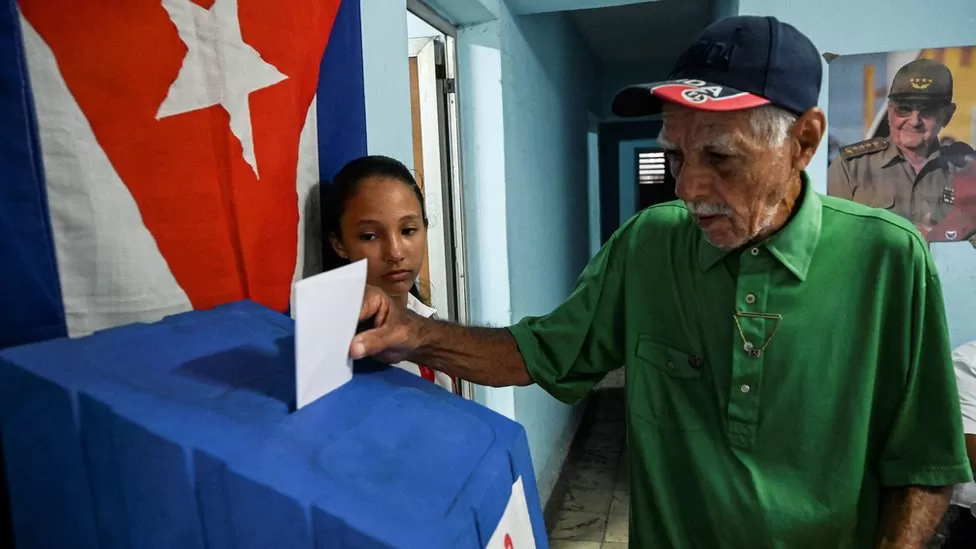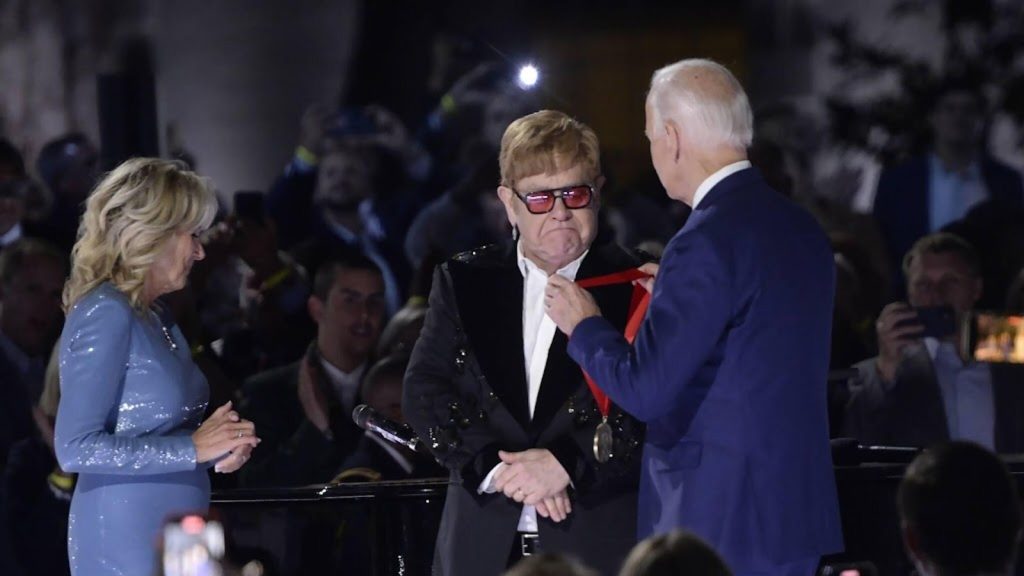Fears for LGBT community after far-right win in Italy
The LGBT community has “very real fears” after a conservative bloc dominated by the far-right won Italy’s general election, a leading gay rights campaigner told Reuters.
The nationalist Brothers of Italy group, led by Giorgia Meloni (pictured), emerged as the largest party in the ballot and will lead the most right-wing government in Rome since World War Two. “Unfortunately there are very real fears” about an erosion of civil rights under the new administration, Fabrizio Marrazzo of the Gay Party said. Meloni is allied with the League, another far-right force led by Matteo Salvini, and the mainstream conservative Forza Italia of former premier Silvio Berlusconi.
“The League and partly Brothers of Italy have in their manifestos things that are quite negative for our community, like stressing the importance of protecting only the traditional family,” Marrazzo said. Meloni, 45, was raised by a single mother and is unmarried with one daughter. She presents herself as a defender of Christian values and an enemy of what she calls “gender ideology” and the “LGBT lobby”.
Cuba votes to legalise same-sex marriage

Cuba has voted to legalise same-sex marriage in a national referendum. About two-thirds of the population voted to approve reforms in a new Family Code, which will also allow surrogate pregnancies and give gay couples the right to adopt children. It marks a big moment for Cuba, which saw gay people persecuted and sent to work camps in the 1960s and 70s. However, there was significant opposition to the reforms among religious groups and conservatives.
The referendum on Sunday was for a new Family Code – a 100-page document which went through more than two dozen drafts and hours of debate in community-level meetings. Cuba’s government had backed the law change and ran a nationwide campaign urging people to approve it. Speaking as he voted on Sunday, the country’s President, Miguel Díaz-Canel, said he expected most of the population would vote yes and that the new code reflected the diversity of people, families and beliefs.
On Monday, preliminary results indicated an “irreversible trend”, with 66% of votes counted so far in favour of the reform, electoral council president Alina Balseiro said on state television, according to AFP news agency. The law required 50% of voters’ approval to be adopted. The reforms were the culmination of efforts by gay rights activists in Cuba. Official attitudes towards homosexuality on the Communist-run island have changed over the past decades, partly thanks to the efforts of former leader Raúl Castro’s daughter Mariela.
Award for Elton John after White House performance

Elton John was moved to tears after being awarded the National Humanities Medal for his work to end Aids by the US president following a special performance at the White House. The singer performed on the White House lawn for the president and first lady and about 2,000 “everyday history makers” on Friday night.
The event, A Night When Hope and History Rhyme, included an audience of teachers, students, nurses, LGBTQ+ advocates, military families and mental health advocates. Organised by the History Channel and A+E Networks, John performed several of his hits, including Tiny Dancer, Rocket Man and Don’t Let the Sun Go Down on Me, before the president, Joe Biden, and first lady, Dr Jill Biden, surprised the singer with the National Humanities Medal for his work to end Aids and assist those living with the condition through the Elton John Aids Foundation. John said he was “flabbergasted” and felt honoured for the recognition. “Since I founded the Foundation at my kitchen table in Atlanta 30 years ago, I made a commitment not to leave anyone behind and will continue on this mission,” he said.
It was the 75-year-old British songwriter’s first White House gig since he performed with Stevie Wonder at a state dinner in 1998 to honour former prime minister Sir Tony Blair. John is currently on a farewell tour that began in July after more than 50 years of performing.




